This article was originally published on Dimitrios Journeys – the blog of strategic tourism and technology management expert Professor Dimitrios Buhalis
Those who follow my blog or my social media will have seen three Buhalis’ Rapid Communications posted since the beginning of March and the Professor Dimitrios Buhalis media Interviews on Coronavirus COVID and Tourism. From reading these, they will be aware of my anxiety surrounding the coronavirus crisis. Having spent most of my time since mid January in hospital with my late mother I was acutely aware of the impacts of this pandemic. In my 35 years in tourism, travel and hospitality strategic marketing and experience management around the world, we have never experienced a crisis such as this. Even the real disruption caused from September 11 lasted for a week and then we went into the recovery phase. Many might view this this rapid communication as pessimistic. However, many colleagues and friends from around the world have asked me for advice on how to navigate through these unchartered waters. As a strategic marketing professional with 35 years of experience in tourism, this is the best I can offer to all those who have reached out. Being an academic and a researcher in smart systems and agility, my research is based solely from credible sources and my conclusions are based on the evidence I can access in near real time. Here, I am sharing my current thoughts whilst hoping and praying that I will be proven wrong in the future! This advice is only for those who need it and seeking guidance on making it to the better days that will come after this nightmare is over.
On the 26th March I expressed the fear that the summer season will not be able to start before the beginning of July. I have been discussing this in several interviews since then. As of today, 1st April 2020, I am changing my stance and I predict that tourism will reach GROUND ZERO and we need to prepare urgently for this reality. Tourism, as we know it, will stagnate for the 2020 Summer season. If we manage to have a short season before the virus reappears in Autumn, we will have to be very smart and agile to deal with last minute, short distance, primarily ground transportation and principally domestic leisure activities. It is with regret that I do not expect any serious international tourism activity happening in summer 2020. Tourism activity will primarily be domestic and staycation will prevail. If we manage to control the virus, tourism will come back stronger in summer 2021.
For the time being we need to follow government’s and health professionals’ advice. We need to protect human life, support our healthcare systems and professionals and together we can survive this threat. Those who survive …. will have to deal with an economic and humanitarian crisis and will have the responsibility to rebuild life and tourism in the new era. It is time for resilience so that we can rebuild and reengineer global tourism in the new market conditions that will emerge.
For the time being it is “Time to Stop”…”So we can Play again” as Tourism Portugal so elegantly explains https://youtu.be/lFlFkGV207A and survive the current dangerous climate we are in. As well as for my late mother, I also mourn for the over 40,000 people who have lost their lives so far and I stand in solidarity with their loved ones. I am very close to my Italian, Spanish, French and Chinese friends and also pray that all other countries will avoid such tragedies. Following https://www.ft.com/coronavirus-latest I fear most for the US, UK, Germany, Turkey, Sweden and all other countries which were late in taking serious measures.
As a smart tourism expert, I pool information from all sensors and take signals from many different information sources. I reached the Ground Zero conclusion after analysing a number of key indicators as follows:
Deaths
I am humbled by the trends and the virus spreading around the world as indicated in https://www.ft.com/coronavirus-latest , https://www.worldometers.info/coronavirus/
In a couple of days, there will be more than 1 Million infected people from COVID-19 and we already have more than 42,000 dead. Italy, Spain, France, China and Iran have the most victims whilst the number of infected and dead in the USA, the UK and Germany, is increasing dramatically. I am also concerned about Sweden where serious precautions haven’t been taken and also countries that do not reflect the reality of their situation in their statistics, such as Turkey. I hope and pray that we do not lose a single person to this terrible virus.

In the UK, the Chief Medical Officer announced that 20,000 fatalities in the UK would be an acceptable outcome. Dr Birx, the White House coronavirus co-ordinator, says that projections show, between 100,000 and 200,000 Americans could die due to Covid-19. “100,000 American deaths due to Coronavirus is good news for the U.S.” Trump said. Many of the recent victims are as young as 12 years old. I am really scared to predict how many people will die as a result of coronavirus and how many people will suffer as patients or carers.
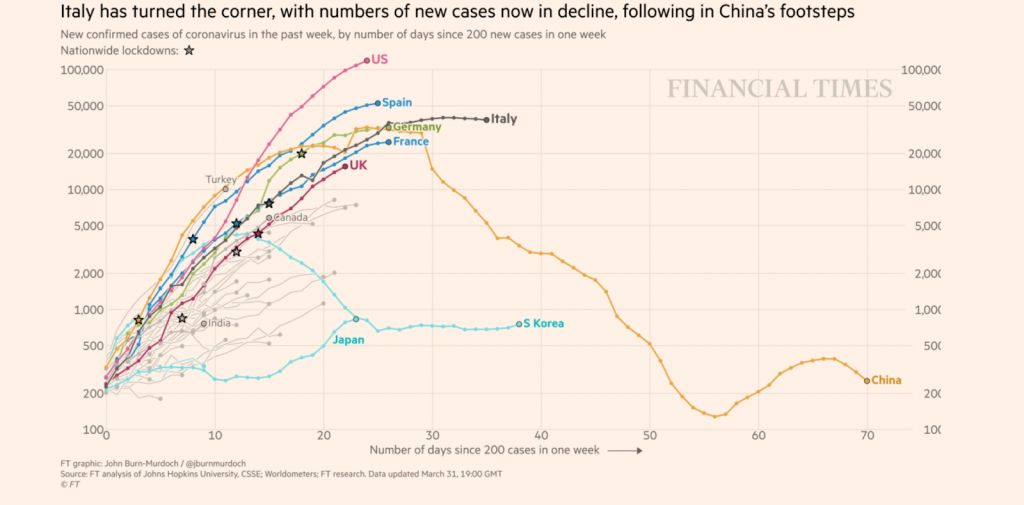
Source: FT.com
Timing of the Pandemic
The timing of tourist source markets varies and different countries will reach their peak coronavirus times at different times, making difficult to restore border crossing and transportation links.
Dr Jenny Harries UK Deputy Chief Medical Officer said UK coronavirus restrictions could last six months on the 29th March which would take us to October 2020. Lifting lockdown too soon or allowing people from different places with a different coronavirus timeline could risk a second wave of infection.
Mobility
International travel in Summer 2020 will be largely restricted to reduce spreading the virus between countries. China has temporarily closed its border to most foreign travellers to prevent a new outbreak of the coronavirus in the country. The restriction applies to foreigners holding visas or resident permits, as well as to those holding APEC Business Travel Cards.
Economics
Apart from the tragic human consequences of the COVID-19 coronavirus epidemic, the economic uncertainty it has sparked “will likely cost the global economy $1 trillion in 2020”, the UN’s trade and development agency, UNCTAD, said on Monday. “We envisage a slowdown in the global economy to under two per cent for this year, and that will probably cost in the order of $1 trillion, compared with what people were forecasting back in September,” said Richard Kozul-Wright, Director, Division on Globalization and Development Strategies at UNCTAD. Many hospitality, travel and tourism professionals, tradesmen and self-employed people will not be able to work during the restrictions, reducing their disposable income. In general, money will be in shortage and tourism as a discretionary service will suffer.
Tourism Employment
Up to 75 million jobs are at immediate risk in global Travel & Tourism due to the coronavirus pandemic, according to the World Travel & Tourism Council (WTTC). The alarming figure, based on research from WTTC, shows a punishing Travel &Tourism GDP loss to the world economy of up to US$2.1 trillion in 2020. View Source
Travel Industry
Today 11,000 TUI UK staff in the UK will be furloughed, including almost 4,500 retail agents. The company said 4,455 travel agency staff, which represents 99% of its shop staff will go to unpaid leave following the closure of its high-street network due to the government’s lockdown in response to the coronavirus crisis. The remaining 6,545 staff are cabin crew, pilots, and staff in retail and head office functions. The UK’s biggest travel firm confirmed that a “small number of team members” will work as part of a virtual call centre. TUI employs a total of 13,200 employees and serves over six million customers each year in the UK. The remaining staff will not be able to manage new bookings, cancellations or refunds for a while.
Airlines
Already most airlines have grounded their planes and most countries have closed their borders for the foreseeable months and introduced strict controls to prevent the spreading of the disease. Airlines will take a long time to recover if they survive. IATA International Air Transport Association Chief Executive Officer Alexandre de Juniac warns 50% of airlines will go bankrupt in the next two-to-three months without government aid. He speaks with Bloomberg’s Guy Johnson on “Balance of Power.” 31 March 2020 View Source
BREXIT, ECONOMICS and the collapse of Thomas Cook will remain to be external factors in the current climate that will influence demand, especially from the UK. Disposable incomes will vanish for the unemployed and the employed due to the economic recession. For those people, travelling will cease to be an affordable option or one that they have time for.
Government Advice & Insurance
As the national health systems have exhausted their limits, Governments will be really careful and will advise their citizens not to travel to reduce the possibility of being infected. The cost and effort of repatriation that is happening currently has been enormous and it being financed by the taxpayer. Even when the coronavirus has passed, many destination governments will be apprehensive in reopening their borders to avoid importing a second wave of infected travellers. We have seen this in China already. Countries that have suffered severe impacts from COVID such as Italy and Spain will be very reluctant to import new cases from countries that will have a COVID peak later, such as the UK or Sweden for example. This will have huge implications for insurance policies too.
Greece
In the Greek context, although the country is desperate to welcome back tourism activity to support regions and enterprises to generate the much needed employment and economic benefits, it is clear that they will have to wait in order to avoid more deaths. Recent cases of Greeks traveling back from Jerusalem to Amaliada and from London to Ikaria demonstrate the enormous danger and the inability of the peripheral health structures to deal with COVID outbreaks. The daily briefing of the Greece National Public Health spokesman Professor Sotiris Tsiodra and the Deputy Minister of Civil Protection Nikos Chardalia on Tuesday 31st March 2020 and particularly their reference to movement to the islands and the ability to deal with the coronavirus there, is critical. We “need to stay away from the islands” said Nikos Chardalias, to avoid spreading the virus. Germany, the UK, Italy and Scandinavian countries are key source markets for Greece and most of these countries are predicted to reach their COVID peak around mid – June. Timing wise, it will not be possible to safely welcome visitors who will be reaching the peak in their countries and it is most likely that air transportation will not be restored until much later for those airlines that will survive this economic climate.
This is already being discussed more by those leading the tourism industry Grigoris Tasios, President, Hellenic Hoteliers Federation is already talking about the “possible” summer season in an Interview on SKAITV and also on interview with Konstantinos Deriziotis on Money Tourism requesting a suspension of payments to the State in 2020, writing off of debts, increased liquidity, providing zero interest rates, providing an employment subsidy and a reduction of employer contributions, VAT reduction and the abolition of residence tax. George Tsakiris, the former president of the Greek Hotel Chamber and a seasoned hotelier and trade unionist, had expressed concern with physical survival. He said that “the year progresses unpredictably without much hope and that we need to focus on the next day, to help businesses save industry and employment. The international tourism environment will not be the same as Tour Operators, OTAs, Airlines, customers, everything will be different.” Christina Tetradis, Vice President of the Hellenic Hotel Chamber (FCE) and President of the Laganas Zakynthos Hotel Association, talks on the Ionian TV channel about the rapid cancellations for the season and the ability to welcome travellers from key markets and the conditions of service in resort hotels. Alexandros Angelopoulos, the 2nd Vice President of the Hellenic Union of Entrepreneurs (EENE) explains if we don’t have a tourist season – and this is an actual scenario with today’s data (or at least we have enough evidence that we won’t have it before July) – we’re talking about a wound that will exceed 3.5% of GDP. So a new contract between workers, businesses and the State is needed. The industry alone cannot do it. ” [Update 2 April] Alexandros also talked about the good and the bad scenario for tourism.
BRACE BRACE BRACE
Many people tell me that this will be catastrophic and I agree that there will be a huge economic and humanitarian catastrophe as a result. I have kept repeating BRACE BRACE BRACE since the beginning of March, asking colleagues and friends to prepare for a hard crash. No aircraft wants to crash, but when you can predict the crash early enough, you can take the most innovative and least harmful precautions. At this time we require inspirational leaders who can take us forward into the next stage. Optimism and sticking our heads in the sand will not help. Neither will looking into the mirror to predict what is coming our way in the future. The new realities need leadership.
I am inspired by Captain Chesley “Sully” Sullenberger the US Airline pilot of AWE1549, who successfully and single-handily ditched his Boeing plane in the Hudson River in New York in 2009 after a bird strike disabled the engines, saving all 155 people aboard. He had 3.5 min or 210 seconds to make critical decision that would affect everybody on board the US Airways Flight 1549. In his many leadership videos and books, he emphasises how critical teamwork is in these situations. Although Captain Sully was the pilot in command, the team coordinated all of their actions to make sure that no lives were lost. The co-pilot, flight attendants, and even other passengers assisted each other. We need to learn from this experience and prepare fast for the crash through collaboration, altruism and solidarity. I was Sure I Could Do It !
In tourism and hospitality we are privileged to have Marriott’s CEO, Arne Sorenson as a true leader who is navigating Marriott Hotels, a $45bn hospitality company with around 7,500 properties and 30 leading hotel brands spanning across 130 countries worldwide. He is currently battling pancreatic cancer, a fact that made some staffers worried because of the impact on his physical state. He reassured employees that his appearance was what was to be expected. To solve the common crisis that we face, Sorenson said we need to concentrate 100% to gain perspective on the current impact on hotels from the global COVID-19 pandemic. In a statement to the press, Marriott Worldwide’s CEO Arne Sorenson said: “In terms of our business, COVID-19 is like nothing we’ve ever seen before, and for a company that’s 92 years old, that’s borne witness to the Great Depression, World War II, and many other economic and global crises, that’s saying something.” In the same statement the leader of the world’s largest hotel company added: “I will not be taking any salary for the balance of 2020 and my executive team will be taking a 50% cut in pay.” Big companies, like Marriott are taking big decisions now. Just like governments are, to put in place defences to combat the impact of COVID-19.
I hear all of you asking “What should we do then?”–“Please give us some hope!” and “Can you be optimistic or even smile a little?” I am afraid it is the time to remain focused, optimistic and believe that TOGETHER we can do it. Understanding the magnitude of the challenge early enough will give us sufficient time to react and minimise its impact. Being over-optimistic to the point of ignorance would leave our industry extraordinarily unprepared and would lead to a much worse catastrophe. As we can reduce the impacts of coronavirus by social distancing, we should be able to reduce its impacts to business and the economy and prepare for the next days or even the next season. Captain Sully had 210 seconds to save 155 people. Those waiting for the summer season have 30-45 days to make appropriate preparations.
There are no magic solutions and each stakeholder may experience the crisis differently. It all depends on location, type of product, organisational structures and finance, marketing strategies, expertise, resilience and business continuity planning. Some business or regions may even benefit from the situation. I predict that domestic destinations that are within two hours drive/train from key markets, such as Bournemouth, the New Forest and Brighton in the UK may benefit from the expected staycation. We need to be alert, observe all information, use smart methodologies and apply agility as we find a new normal in the tourism industry. If you have time when you #StayHome you may like to study these articles to see how we can apply smart management. Preparation, agility and fast and calculated reactions are key to survival. Now that you have time at home you may like to study my latest publication on technology empowered smart and agile management and marketing.
Buhalis, D., 2020, “Technology in tourism-from information communication technologies to eTourism and smart tourism towards ambient intelligence tourism: a perspective article”, Tourism Review 75(1) Vol. 75 No. 1, pp. 267-272 https://doi.org/10.1108/TR-06-2019-0258 https://www.academia.edu/40446679/
https://doi.org/10.1080/10548408.2019.1592059 or https://www.academia.edu/38606553/
Buhalis, D., Harwood, T., Bogicevic, V., Viglia, G., Beldona, S., Hofacker, C., 2019, Technological disruptions in Services: lessons from Tourism and Hospitality, Journal of Service Management, Vol. 30 No. 4, pp. 484-506
https://www.academia.edu/40577837/ https://doi.org/10.1108/JOSM-12-2018-0398
Managing in the time of extreme uncertainty is tough. What is the future like ? What will travel look like after coronavirus? CNNTravel is asking.

We urgently need Humanity, Solidarity, Resilience and Leadership.
Some simple advice that will depend on location and context.
People First – Crisis Management – Support Your Communities Now
Health Medical professionals need our support NOW. You can offer them for free or at nominal cost accommodation / rest / equipment / food-drink-coffee / child care / transportation / parking / laundry / clothing or anything else that is required locally. Anything that can help them to help us and society. If in doubt ask them or your local health authority: what do you need? How can we support you?
Food-drink-coffee Provide food-drink-coffee for medical personnel and their families and dependents – particularly kids or elderly relatives. When I was in hospital with mum, most nurses were concerned about their kids or their parents and who will take care of them whilst they should stay away from them. Blue Orchid Hotels in London Blue Orchid Hotels support the London community and are delighted to be a part of Here to Help London.
Support transportation for key workers. Avis for example supports essential travel for key workers. They say they understand you may need to still get to work or support family members so our rental locations are working hard to stay open to help you get to where you need to be. You’re doing amazing work on our behalf so we want to support you by offering car rental from just £10 a day* when booked and picked up by 31 May.
Hotels can also be converted into field hospitals – especially those that are structured as tall buildings with large rooms. The Novotel room is ideal as a hospital bedroom. They can take patients that are not critically ill and can be taken care of easily in these environments. Especially if they are close to hospitals and can be used as extensions. You would have seen that many exhibition centres (such as Excel in London where World Travel Market takes place) or sports facilities have been transformed to field hospitals. Hotels are much more advanced than they are to accommodate people.
Local Authorities may need accommodation, food and beverage, caring, shopping, supplies, support with homeless, elderly, patients, children etc. Please liaise with them.
Take Care Of The Business And People –
Develop Resilience And Support Quick Recovery
Customers
Apply empathy and treat your customers as you would like to be treated if you were in their position. Communicate Efficiently, kindly and with respect. Make customers part of the global problem and engage them to help your situation too. Who would like to travel to Italy or Spain now? or in one month? or two months? or three months time? [I love Italy and Spain dearly] What do you expect from hoteliers to do in this case? Express solidarity and send good wishes to share suffering and offer comfort. Offer condolences to those who have lost loved ones.
Return deposits for periods you cannot operate or if customers cannot travel. Yes return deposits – this is the only decent thing to do and it will be appreciated by your customers. They will return as soon as they can to support you back! This is a painful measure but essential. You can offer change dates [be flexible as customers do not know when they would like to travel!] or vouchers and credit [plus a number of additional services as a matter of good will], PROVIDED that customers are happy with this arrangement. Do NOT go down the line of terms and conditions and legal terms – not at this time. Remain flexible, understanding, sympathetic and mainly treat everybody with humanity and respect. Be kind and communicate! and give them a reason to dream about when they can come to you, give them something to entertain their kids at home and also reassure them that it will be safe to so ! Some good examples include:
The Leading Hotels of the World invite people to Colour the world with us https://www.lhw.com/press-center/0320_Coloring_Book
Provide Virtual Travel opportunities through Video, Quiz or Virtual Reality to help people dream.
Provide educational resources for kids. see for example https://www.independent.co.uk/travel/news-and-advice/virtual-travel-experiences-vr-museums-galleries-national-parks-coronavirus-lockdown-a9409776.html or http://www.bbc.com/travel/story/20200330-covid-19-virtual-travel-during-coronavirus
Reassure them and communicate – See what my friend Richard Hatter and his team are doing in Hotel Icon in Hong Kong is doing
https://www.hotel-icon.com/icon-edit/Precautionary-Measures-to-Coronavirus
https://www.hotel-icon.com/offers/novel-coronavirus-operation-and-service-updates!
Marketing and Communications
During these difficult times, DO NOT ADVERTISE! People do not have the time or the headspace to see this right now.
Staff/Associates: Standing by our staff at this critical time is essential and a key aspect of staying resilient. Ensuring sufficient income as well as support in kind is critical. Providing accommodation, meals at work or offering meals for the family are key benefits, especially when supplies are limited and hospitality organisations can buy in bulk through their logistics network. Looking after your loyal staff at this time is the only decent thing to do. Co-creation initiatives with staff to support them and also using this time of staying at home to develop their skills, perhaps in foreign languages, digital marketing, distribution and eTourism. They have more time and there are a lot of online resources to develop their competitiveness and support organisations to recover sooner.
Suppliers
Working with our suppliers to negotiate mutual, acceptable terms and conditions and support suppliers and the entire logistics chain is also critical for tourism. Stocking sufficient supplies to be able to operate at short notice and then be able to close without creating too much waste or locking too many assets, requires excellent relationships with suppliers.
Partners and distributors
I can see a lot of friction between hoteliers and distributors such as OTAs Booking.com and Expedia and also Tour Operators. I have spent 35 years in distribution and it is the most complex and strategic issue in tourism. Most of the tourism and hospitality organisations I known have failed to develop a comprehensive strategy on this and have been reactive in their approaches. Lots of mistakes have been made by all players during the COVID-19 crisis. But this is NOT the time to add conflicts to an already difficult situation. Everybody in the tourism ecosystem is suffering and everybody is having liquidity and cash flow issues. Make sure that you collaborate with your partners and DISCUSS and NEGOTIATE a commonly agreeable strategy for this period. Especially all those who have not been prudent enough to develop alternative distribution strategies .
Processes and Procedures: Revise your cleaning and sanitation protocols, train your staff to the new realities, revise your crisis management protocols and use the time when staff have time for training and staff development. In your services, revise your best operational protocols and service processes to ensure distancing when serving customers or in sitting arrangements. You may need to remove furniture, reduce capacity, change opening hours and service styles. Revise the service protocol to reduce overcrowding and ensure hygiene. Consider whether you can continue buffet service or shared plates or if you need to move to a plated service for a period of time. Showcase your policies and processes to ensure that everybody in your organisation understands and implements what you must achieve and showcase your new processes to customers and collaborators. Share best practice with your ecosystem and even your competitors. As soon as we can get through this nightmare, everyone will benefit collectively. Revise some of the best practice and advice in the industry.
Hong Kong Health Advice on Prevention of Coronavirus disease (COVID-19) for Hotel Industry (Interim)
Hotel Icon Precautionary Measures https://www.hotel-icon.com/icon-edit/Precautionary-Measures-to-Coronavirus
https://www.hotel-icon.com/offers/novel-coronavirus-operation-and-service-updates
ΝΕΟΣ ΚΟΡΩΝΟΪΟΣ (SARS-CoV-2) Οδηγίες για ξενοδοχεία και λοιπά καταλύματα ταξιδιωτών Φεβρουάριος 2020
Εστίαση & κορονοϊός: Μικρές και έξυπνες κινήσεις – Μεγάλα και άμεσα οφέλη
Liquidity and Financial Support
Work with your local associations to provide realistic requirements to governments and regulators. Take advantage of government support and policies to go through this difficult period. Ask executives to take pay cuts for the difficult period and give them incentives to do so that will take effect in the recovery periods. Executives of Marriott, Hilton and many other organisations have made similar announcements. Reduce costs and non essential expenditure in the short term. Negotiate, reduce and manage debt through arrangements with banks and creditors.
Negotiate, reduce and manage rent business rates, taxes and any expenditure.
Support the UNWTO initiative to support Jobs and Economies through Travel & Tourism – Zurab Pololikashvili UNWTO Secretary General has initiated a Call for Action to Mitigate the Socio-Economic Impact of COVID-19 and Accelerate Recovery. The World Tourism Organization (UNWTO) is working closely with its Member States, the World Health Organization (WHO), the International Civil Aviation Organization (ICAO), the International Maritime Organisation (IMO), and the private sector — the UNWTO Affiliate Members, Airports Council International (ACI), Cruise Lines International Association (CLIA), the International Air Transport Association (IATA) and the World Travel & Tourism Council (WTTC) — to ensure a coordinated and effective response through the recently created Global Tourism Crisis Committee. We call upon governments, multilateral organizations and the private sector to act now to Support Jobs and Economies through Travel & Tourism as a means to mitigate the impact of COVID-19 and accelerate recovery by considering the attached Recommendations endorsed by the Global Tourism Crisis Committee. We trust these recommendations can provide an actionable framework to help countries mitigate the immediate impact of the crisis, stimulate recovery and prepare for the future. They are structured around three areas but should be approached simultaneously and through cooperation between all stakeholders in the ecosystem: 1. Managing the crisis and mitigating its impact; 2. Providing stimuli and accelerating recovery; 3. Preparing for the future. We need to ensure that no one is left behind. But we can only achieve that if we act now, together, collaborating in the spirit of solidarity around common goals. I trust the attached recommendations will be able to assist your governments and the private sector to effectively tackle all of the immense challenges our sector is facing. We want to ensure that tourism will continue to be a major economic and development driver.
Best wishes to all for those difficult times. BRACE BRACE BRACE!
Interviews https://www.buhalis.com/news/
Publications http://www.buhalis.com/publications
Videos https://www.buhalis.com/videos/
#WEAREINTHISTOGETHER #RESPECT #PeopleFirst #BeKind
#SocialDistancing #StayHome #StayInTouch #StayHome #StaySafe #StayStrong #StayHealthy #HelpElderly #ProtectTheNHS #FlattenTheCurb #DoNotMove #UseInternet #UsePhone #TillThen #BalconySocialising #TravelTomorrow #Coronavirous #WeWillSurvive
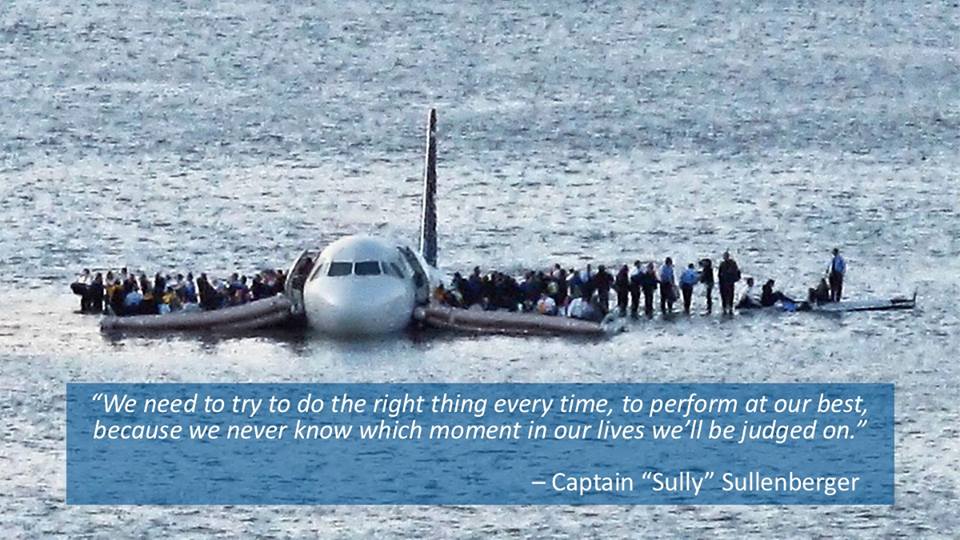
This article was originally published on Dimitrios Journeys – the blog of strategic tourism and technology management expert Professor Dimitrios Buhalis















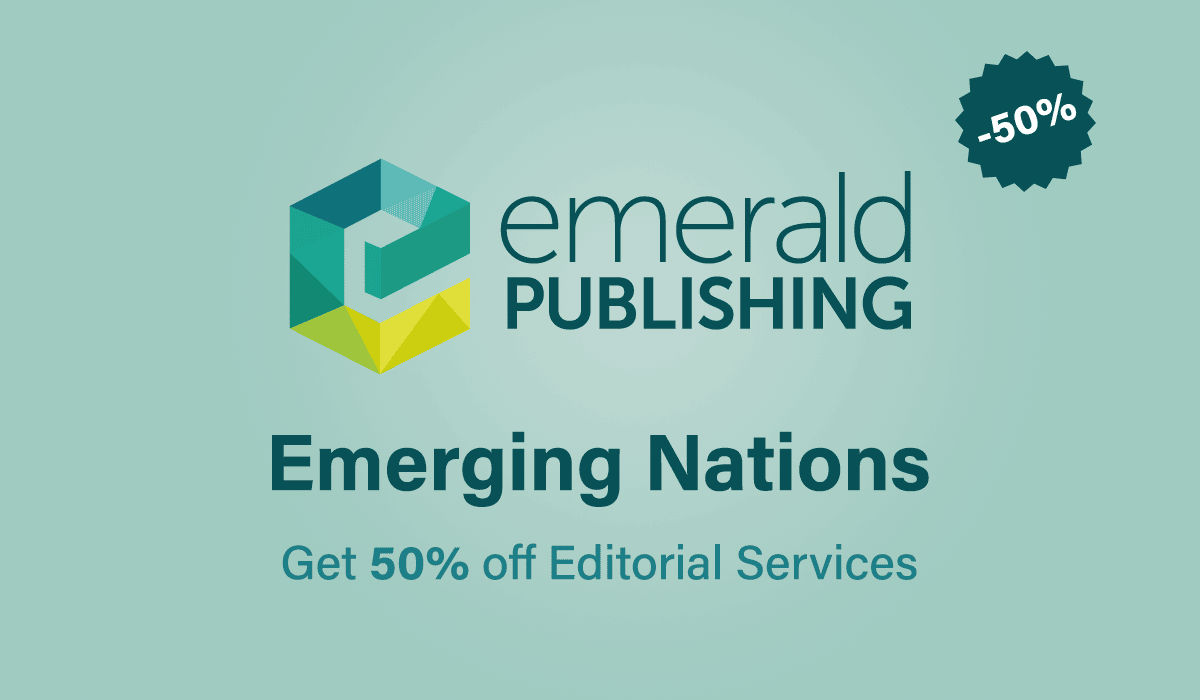
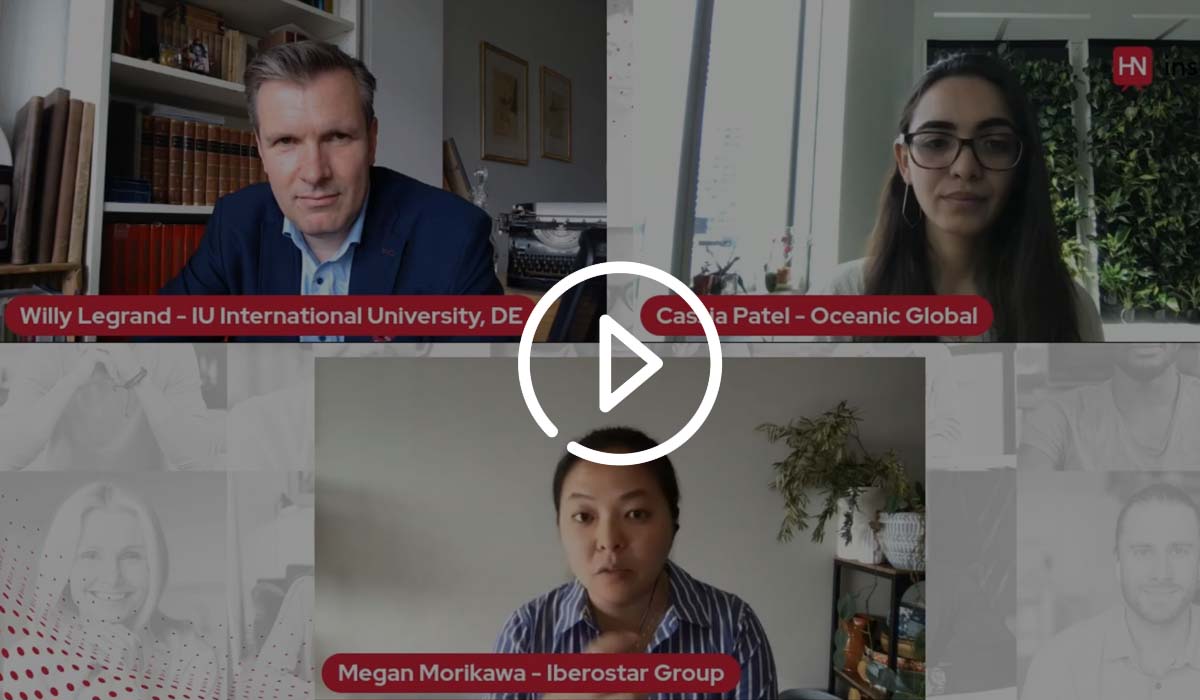

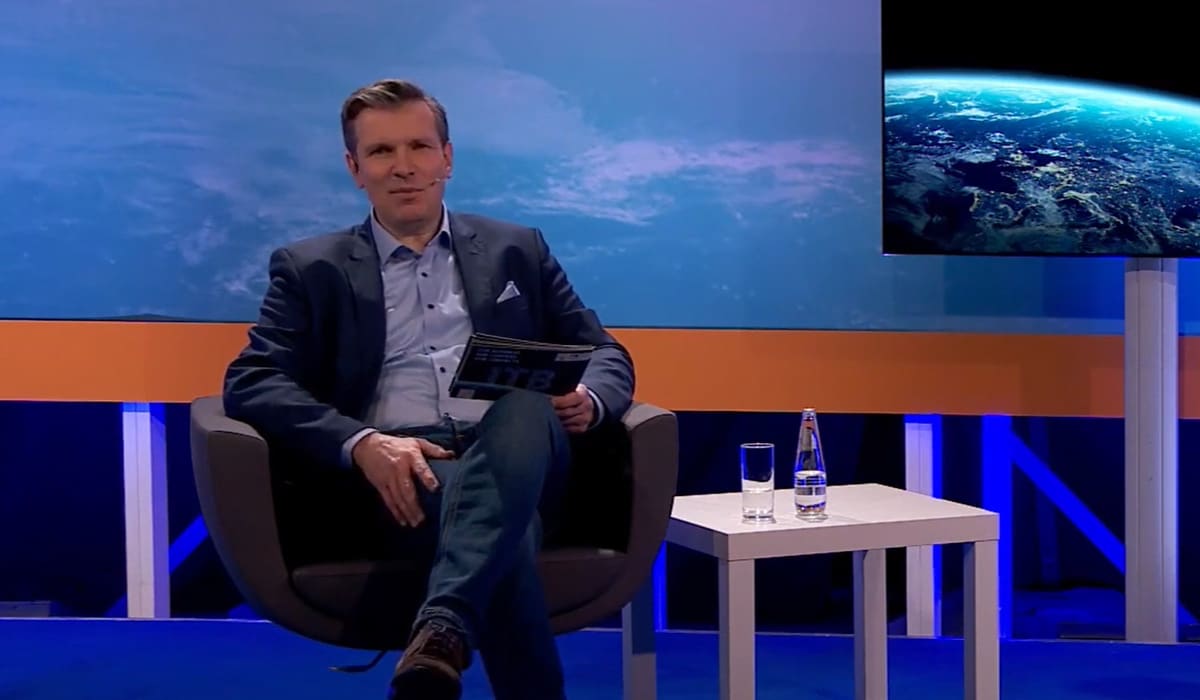

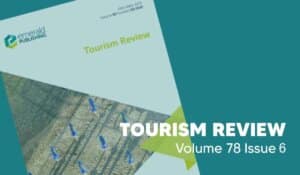


We just wanted to take a moment to acknowledge all the hard work and effort you’ve been putting in lately. Keep up the amazing job, you’re doing great!
I just wanted to take a moment to say how much I appreciate your blog posts. They’re always well-written, informative, and keep me coming back for more. Keep up the great work!
Good post! We will be linking to this particularly great post on our site. Keep up the great writing
This is my first time pay a quick visit at here and i am really happy to read everthing at one place
From start to finish, your content is simply amazing. You have a talent for making complex topics easy to understand and I always come away with valuable insights.
Every time I read one of your posts, I come away with something new and interesting to think about. Thanks for consistently putting out such great content!
This is my first time pay a quick visit at here and i am really happy to read everthing at one place
Can you be more specific about the content of your article? After reading it, I still have some doubts. Hope you can help me. https://www.binance.com/id/register?ref=GJY4VW8W